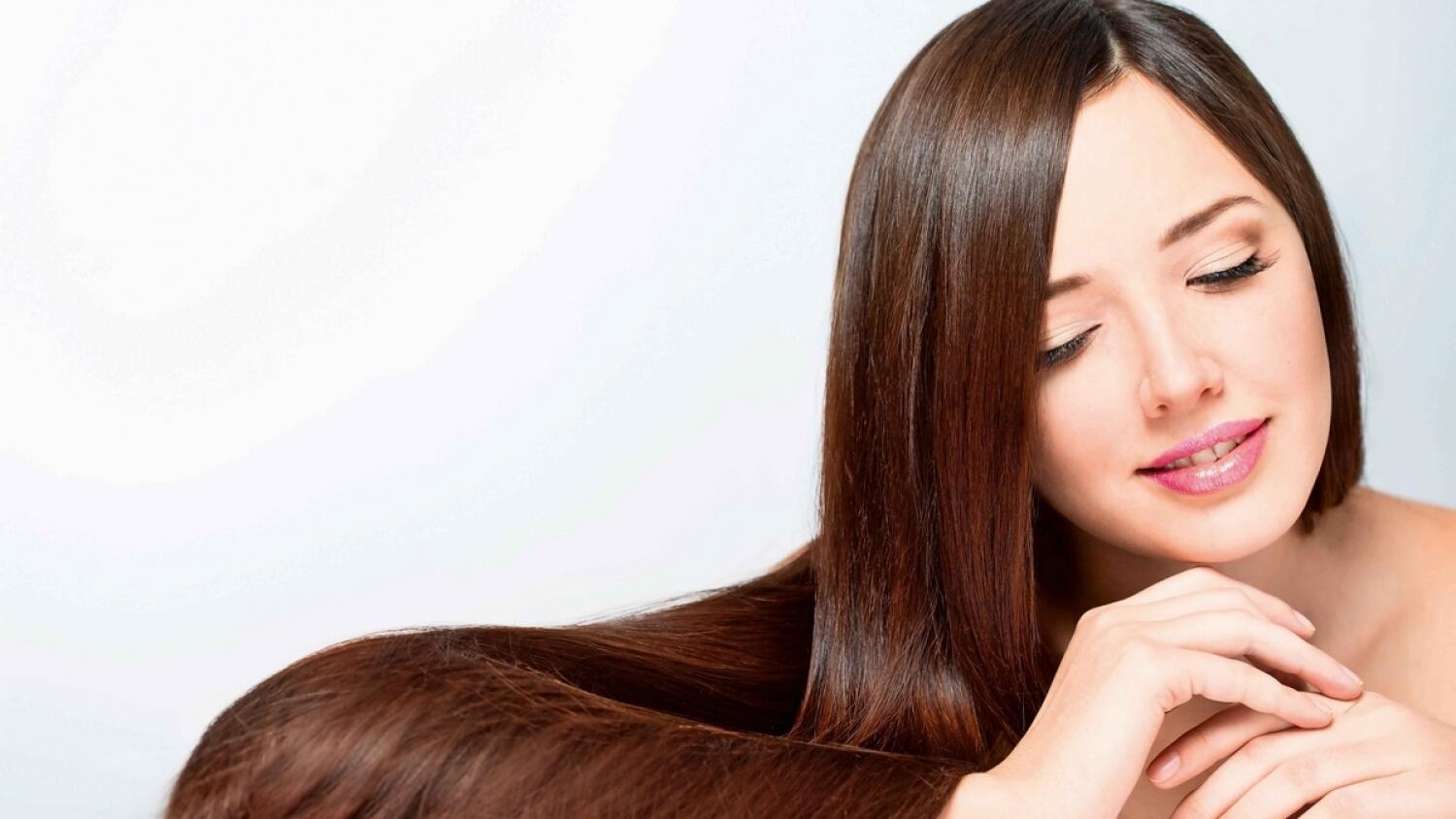
Since your hair is your greatest asset, taking good care of it need to be a top concern in your daily self-care regimen. Everyone has to practise fundamental hair care, regardless of whether they have long, luxurious locks or a chic short cut.
Here are some fundamental hair care guidelines.
1. Appropriate cleaning
Pick a mild, sulfate-free shampoo based on the type of hair you have (dry, oily, curly,..). Hot water can dry out your hair and remove its natural oils, so stay away from it. Use lukewarm water instead, then use your hands to massage your scalp to encourage blood flow and get rid of extra oil and grime. Make sure there is no trace of shampoo by giving it a thorough rinse.
2. Suitably trained
Conditioner prevents breakage and helps restore moisture to your hair, making it easier to maintain. Your hair tends to be drier at the ends, so concentrate your conditioner application there. Use a deep conditioning treatment once a week to give your skin an additional dose of moisture.
3. Cautious brushing
Use a soft-bristled brush or a wide-toothed comb to gently untangle your hair. To prevent needless tugging and breaking, work your way up to the roots from the tips. Additionally, brushing encourages shine and health by distributing natural oils from your scalp to your ends.
4. Guard against heat
The structure of your hair might be harmed by hair dryers, straighteners, and curling irons that produce excessive heat. Whenever feasible, let your hair naturally air dry. To reduce damage, use a heat protectant product first if you must use heat styling products.
5. Regularly trim
To avoid split ends and keep your hair looking nice, even if you're growing it out, you need to get frequent trims. Every 6 to 8 weeks or whenever you see frayed ends, schedule a trim.
6. When damp, exercise gentleness
Handle wet hair carefully as it is more prone to harm. Instead of rubbing vigorously, use a towel to gently wipe away extra moisture. An old T-shirt or microfiber towel might be less harsh on your hair.
7. Select appropriate hairpieces
A tight hair tie or other accessory that might tug on your hair and break it should be avoided. Choose hair ties or clips that are soft, coated in fabric so they won't ding or dent.
8. Continue eating a healthy, balanced diet
Your diet has an impact on the health of your hair. Eat a balanced diet rich in vitamins, minerals, and proteins to nourish your hair from the inside out. Foods high in protein and lustre include eggs, fish, nuts, and leafy greens.
9. Defend against the sun and pollutants
Pollutants in the environment and UV radiation can damage hair. When your hair is exposed to the sun, wear a scarf or cap and use UV-protecting hair products. After swimming in seawater or pools with chlorine, give your hair a good wash.
10. Steer clear of overprocessing
Your hair may get weaker with repeated perms, chemical treatments, or colouring. Try to avoid or minimise these procedures, or switch to less harmful options like ammonia-free hair dyes.
See a dermatologist or hair stylist if you have any specific concerns regarding your hair. They can assist you in creating a regimen for hair care that works for you.
Post a comment
Hot Categories
Recent News
A sustainable artist from Abu Dhabi discusses how the UAE has influenced her work.
- Jul 1, 2024
- 1 year ago
Daily Newsletter
Get all the top stories from Blogs to keep track.



0 comments